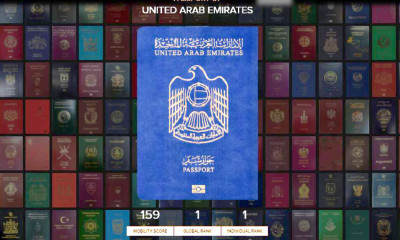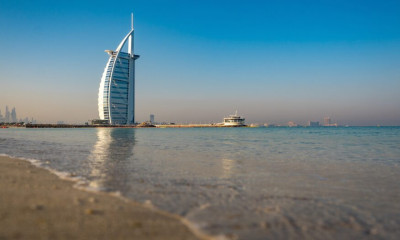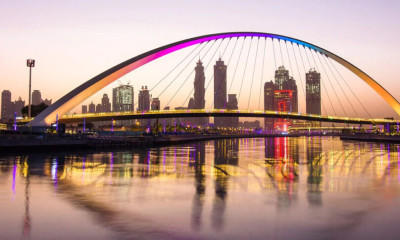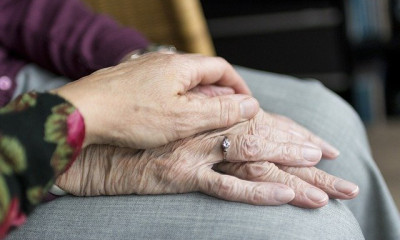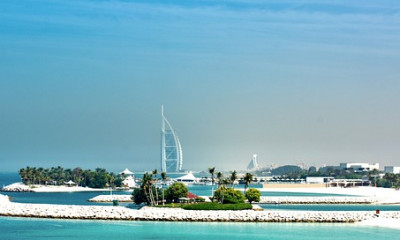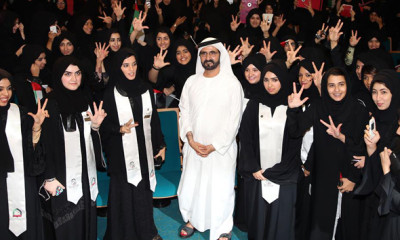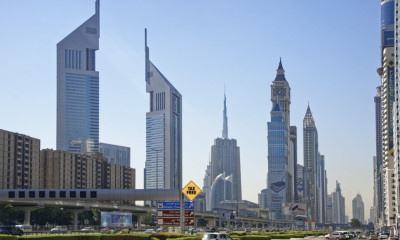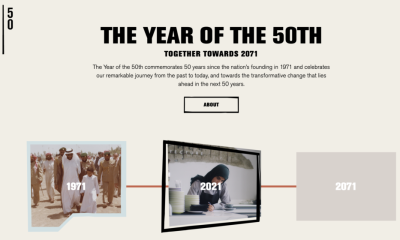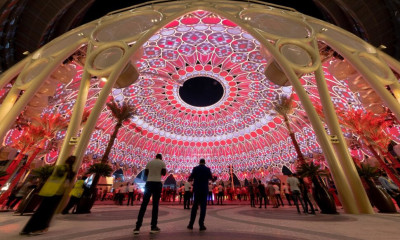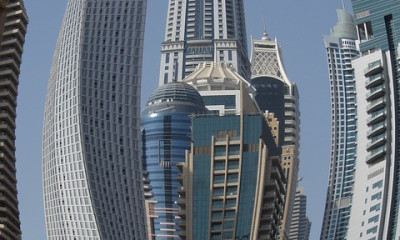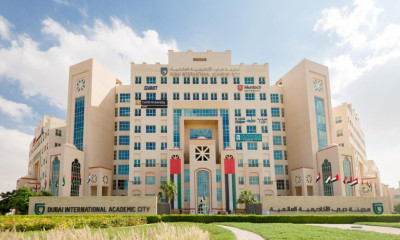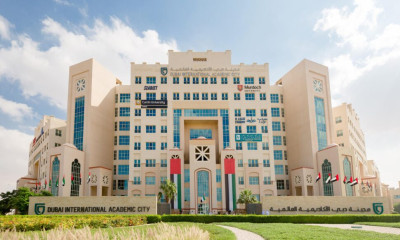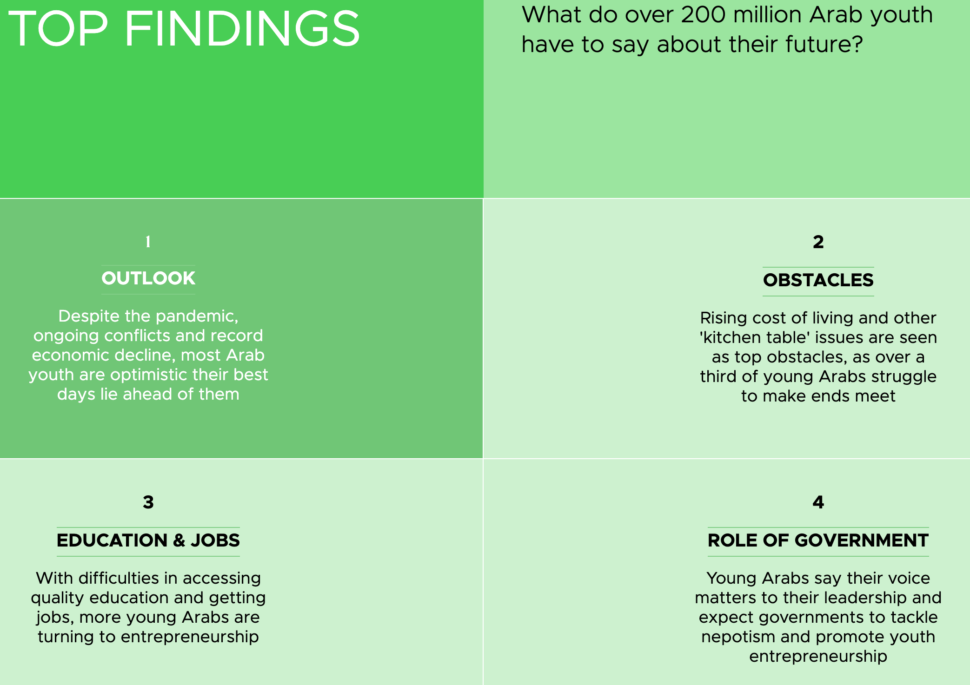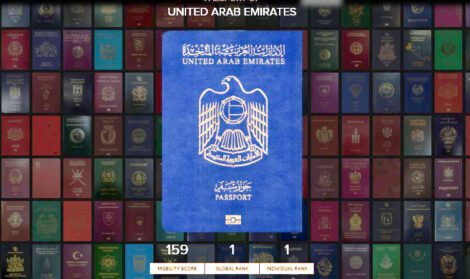
For the tenth year in a row, Arab youth continued to look at the UAE as the top country for working and living. According to the 13th Arab Youth Survey, almost half (47 per cent) of young Arabs preferred the UAE as their top choice for a second home. The ASDA’A BCW survey highlighted a one percentage point rise in the UAE’s attractiveness as the No. 1 destination for Arab youth, up from 46 per cent last year.
The Arab youth once again ranked the UAE far ahead of other destinations: the US was No. 2, chosen by 19 per cent of respondents, followed by Canada (15 per cent), France (13 per cent) and Germany (11 per cent). For the 10th year in a row, the UAE also emerged as the nation that most Arab youths want their own governments to emulate as a model country.
Arab Youth Survey: Why UAE?
When asked why, Arab youth point to the country’s growing economy, its buoyant job market, its crime-free environment, and the availability of well-paid jobs as the top drivers for its appeal.
Nineteen per cent of young Arabs also identified the ease of starting a business here while a similar percentage (18 per cent) said it was a good place to raise a family, with quality schools and colleges. Another 15 per cent also said they find it welcoming and friendly to foreign workers.
While the UAE celebrates its 50th anniversary this year, the nation’s leadership is already aiming to the country becoming the best in the world by the time of its centennial in 2071. This year, the UAE has hit a perfect score (100 per cent) when it comes to its youth who ‘strongly agree’ or ‘somewhat agree’ that their voice matters to their country’s leadership. The percentage was 99 in 2020.
Avoiding the Arab brain drain
One of the most disturbing findings of last year’s Arab Youth Survey was that nearly half of young Arabs (42 per cent) were either actively trying to or had considered emigrating to another country. Last year’s survey also highlighted three of the main triggers of emigration: high unemployment, economic mismanagement and conflict. Climate change is another factor behind mass migration from the Middle East and North Africa (Mena) region.
One of the most disturbing findings of last year’s Arab Youth Survey was that nearly half of young Arabs (42 per cent) were either actively trying to or had considered emigrating to another country.
While the incentive for many Arab youngsters to emigrate may remain, the stringent movement restrictions imposed by national governments tackling the Covid-19 pandemic have inevitably dampened the hopes of those planning a new life abroad. The fear of violence and discrimination has also deterred many would-be emigrants.
This new paradigm is reflected in the 2021 research. It found that a third of respondents were either considering or had tried to leave their home country. While still a large proportion, that’s a drop from the 42 per cent who wanted to emigrate in 2020.
The determination of young people to seek new opportunities abroad remains strong, however, with over two-thirds (68 per cent) of young Sudanese interviewed in the survey, 56 per cent of young Moroccans, and 48 per cent of Lebanese youth resigned to emigration.
The UAE had the highest ratio (97 per cent) of nationals who have not considered leaving their homeland for another country.
Other key findings
The UAE had the lowest rate of students who felt a negative impact because of the pandemic
The UAE had the lowest rate of students who felt a negative impact because of the pandemic. Half of Emiratis (51 per cent) said the coronavirus pandemic had a negative impact on their overall educational experience. This was the lowest such ratio in the region.
Nearly two-thirds (62 per cent) of Emirati youth said they expected to have a better life than their parents. A staggering 99 per cent said their country’s economy was heading in the right direction, up from 97 per cent last year.
The UAE also leads when it comes to its perception among Arab youth as an ally. Arabs regard three countries — US, Saudi Arabia and UAE — as the ones with the most influence in their region. Most of the youth (83 per cent) squarely place the UAE in their ally camp. Saudi Arabia (80 per cent) came in second, with the US (57 per cent) in a distant third place.
The UAE’s youth acknowledge the country’s efforts to promote gender equality
The UAE’s youth also acknowledge the country’s efforts to promote gender equality. More than eight in 10 said that men and women have the same rights and equal access to employment. This is far above the regional average.
Unemployment was a major challenge highlighted by this year’s cohort in Mena overall. Only six per cent of Emiratis said either they or a family member had lost their job due to the pandemic.
This year’s survey themed Hope for the Future was conducted by international research firm PSB Insights, of young Arabs in 50 cities and territories in 17 states in the Mena region
The Arab Youth Survey is said to be the largest study of the Arab world’s 200 million-plus youth. This year’s survey is themed Hope for the Future. It was conducted by the international research firm PSB Insights. It surveyed young Arabs in 50 cities and territories in 17 states in the Mena region.



